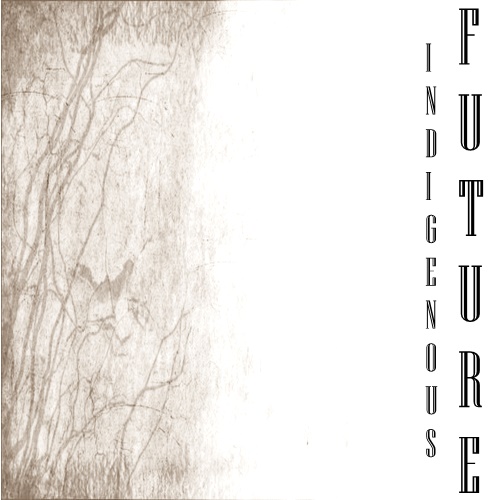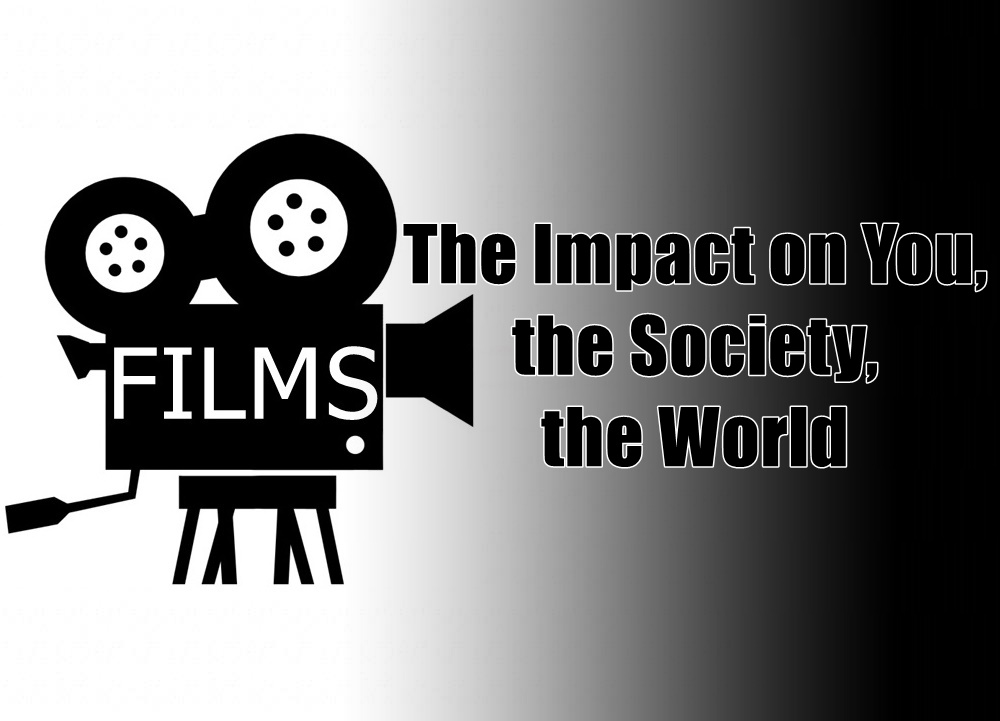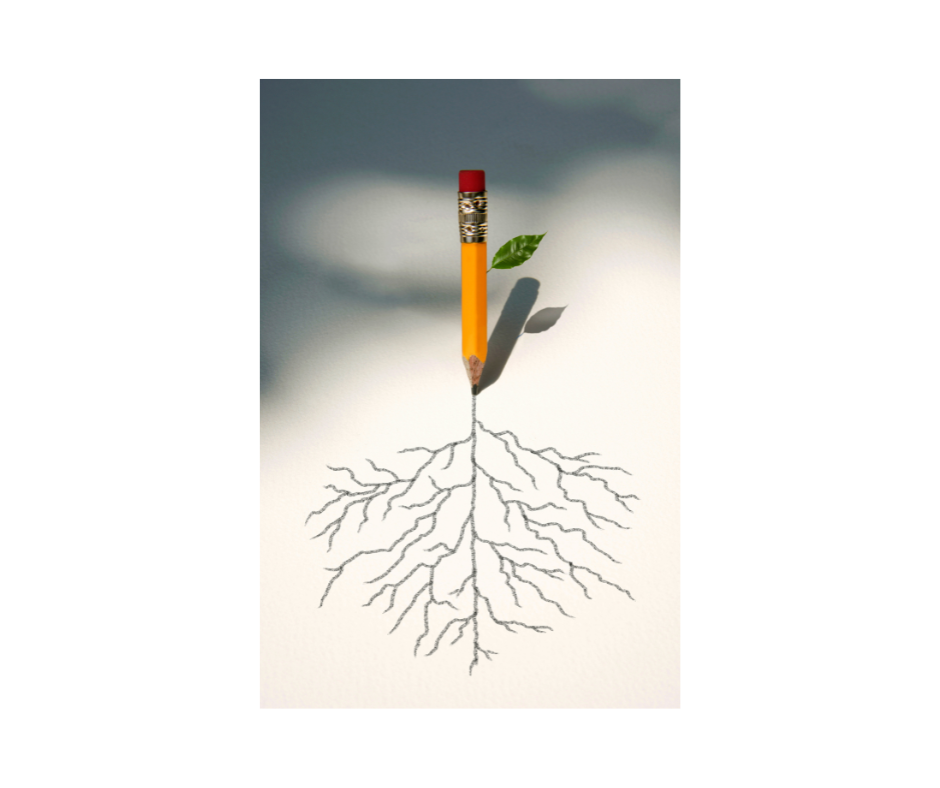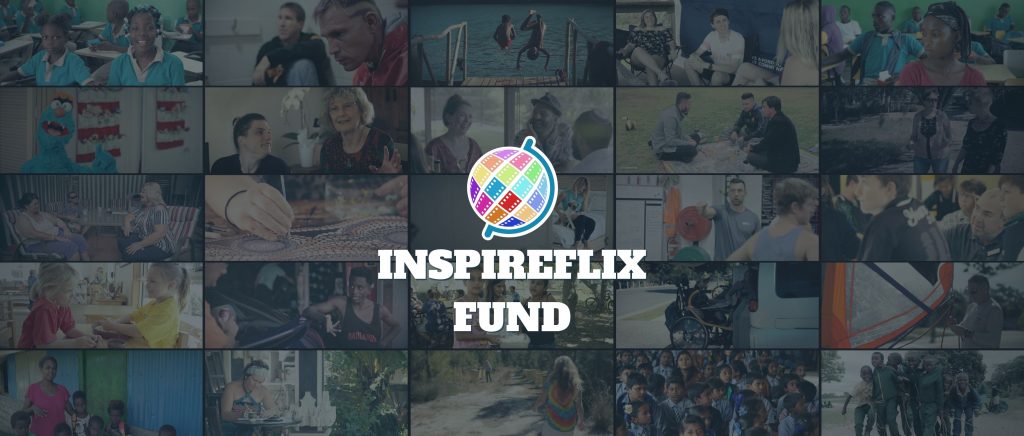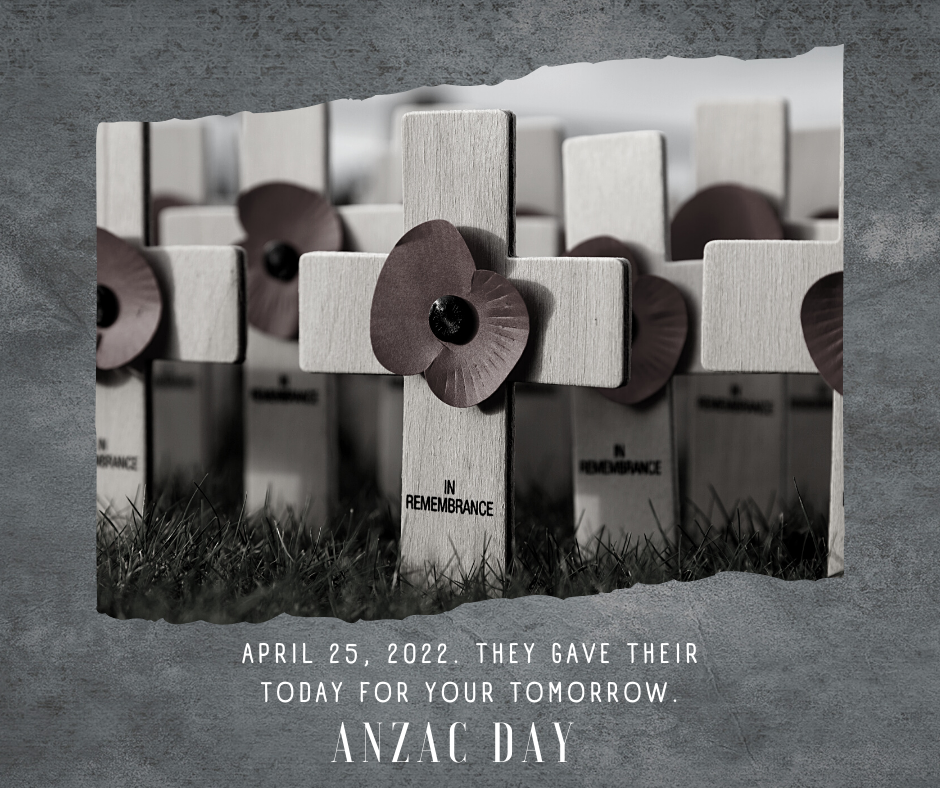
Fish Hook
I previously had someone tell me about fishing, when fish are caught and then thrown back into the ocean that they end up being fine because they recover from a “minor” wound; then mentioning that catching fish isn’t that cruel because fish can’t really feel pain in the same way humans and other animals do. Meaning that fish perhaps know that something is wrong when they are caught but they do not feel the intense pain of the wound and trauma. This concept of fish being caught and wounded by hooks is a way that I’ve used to describe rape culture and normalised sexual violence. I feel as if there’s so much abuse within sexual relationships and that people are a bit like fish being caught; where we know that something is wrong but we don’t know how to explain what went wrong. Then when people are thrown back into the world we are left with this wound to somehow manage, but we don’t always know in a conscious sense what happened in the first place. The articulation of why something is uncomfortable or violating can be hard to explain because maybe there was consent established for sex or aspects of sex, but not for everything that has happened. I know that rape culture and what constitutes sexual violence; assault, abuse, coercion, harassment and consent today is much broader than what it used to be, and that it’s a very contested topic. It’s something that I find incredibly difficult to talk about and there seems to be such resistance when many people point out instances of rape culture behaviour. From discussions around sexual violence over the years a lot of people understand a lot more about consent and some things which they have experienced sexually, aren’t in fact a normal part of sex. I remember only starting to talk about my experience with rape culture about a year ago. It was mentally and emotionally a really tough thing to do because I couldn’t articulate the experiences properly. Physically I felt like something very wrong had happened but I had told myself for so long that nothing had happened, mainly as a maladaptive and sub-conscious coping mechanism, but also there was still this entrenched belief about what rape means. Previously I understood rape as someone unknown forcing themselves sexually onto another person. In reality this isn’t always how it occurs. It’s hard enough to ever prosecute someone for any kind of sexual misconduct let alone when there is this rigid definition and understanding of it. It is good to see that consent education is something which is being developed. There is still such an acceptance to avoid obtaining consent and instead waiting for someone to either scream out or literally say ‘no’ but this isn’t the way it should be in order to receive “consent”. There is definitely still a long way to go when it comes to eliminating sexual and gender-based violence and I’m hoping that consent education improves this.

